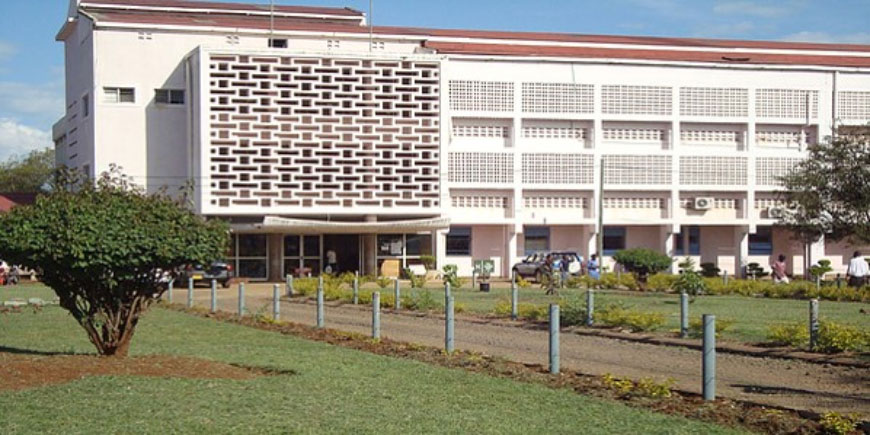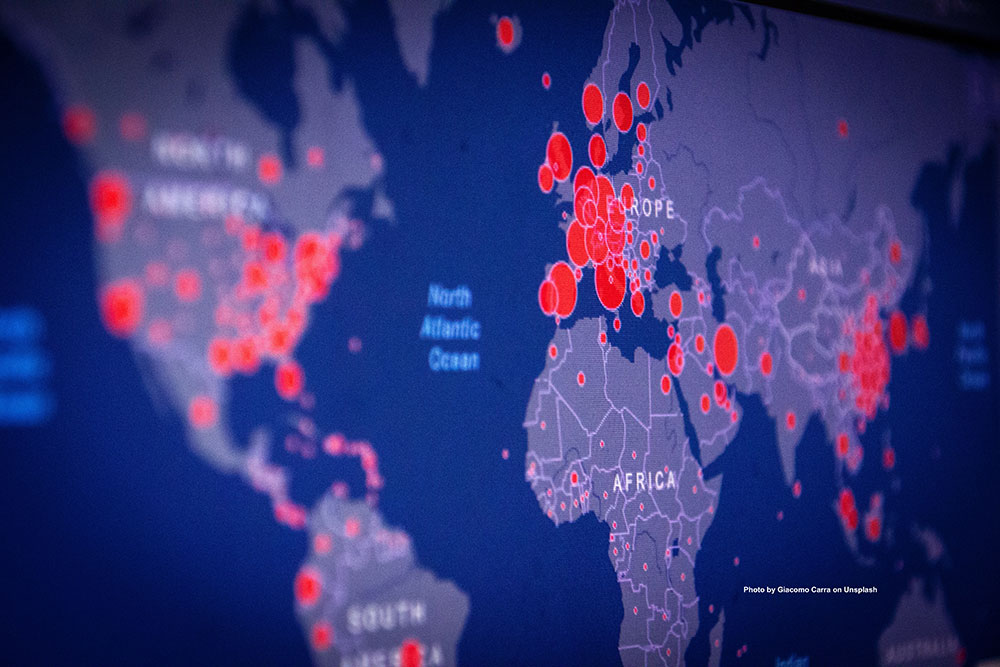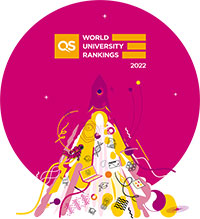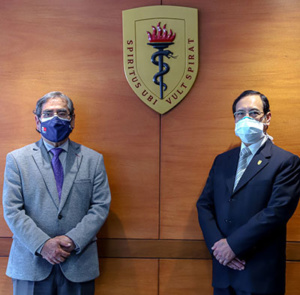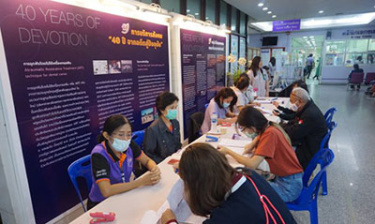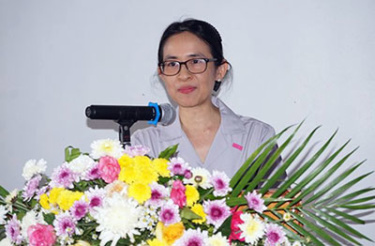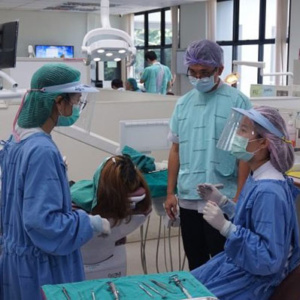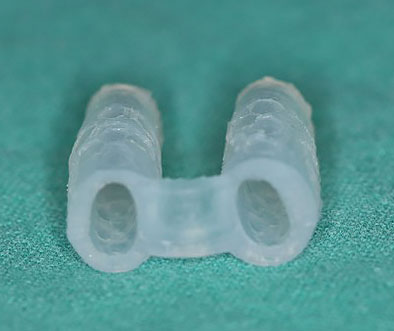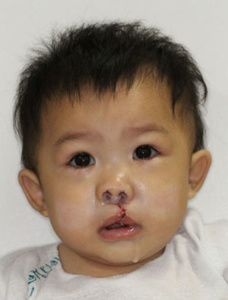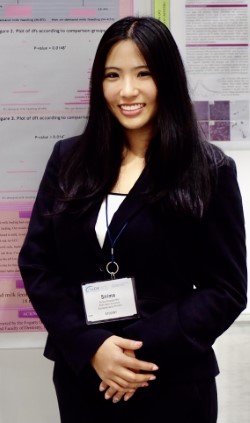
It is evident that breastfeeding and human breast milk provide numerous health advantages for both children and mothers. Many health organizations recommend continuing breastfeeding for as long as mother and child desire. However, there is concern that breastfeeding more than 12 months may increase caries risk in children, but existing evidence on this relationship are still inconsistent and limited, especially from longitudinal studies. Researchers at Khon Kaen University in Thailand and University of Washington, led by Sirima Sritangsirikul, PhD Program in Oral Sciences, Faculty of Dentistry, Khon Kaen University, (NIH D43 trainee, #1D43TW009071) conducted a prospective cohort study that followed 1-year-old children for 2 years to investigate the association between breastfeeding duration and dental caries titled “Impact of Prolonged and On Demand Breastfeeding on Early Childhood Caries in Khon Kaen”.
The researcher team recruited 568 one-year-old children from 18 public health facilities in Khon Kaen, Thailand and interviewed their main caregivers using a structured questionnaire every 6 months to update breastfeeding information prospectively and collect information on possible confounding factors. Disregarding other foods and liquids, “full breastfeeding” refers to feeding breast milk without formula milk, whereas “any breastfeeding” refers to feeding breast milk with or without formula milk. Based on breastfeeding duration, children were categorized into four groups: less than 6 months, 6-11 months, 12-17 months, and equal to or greater than 18 months, for full breastfeeding and any breastfeeding separately. When the children were 36 months old, a dental caries examination was performed by a trained and calibrated dentist using World Health Organization criteria. At the end of the study, we had 486 children who completed the two-year study follow-up.
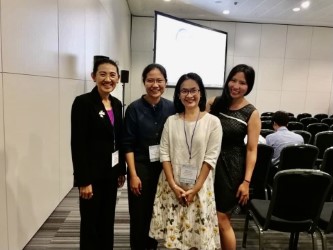
The results were interesting. They found that full breastfeeding and any breastfeeding had different patterns of caries risk. The longer the “full breastfeeding” duration, the lower the risk of caries. In contrast, once formula milk is added in “any breastfeeding”, the longer any breastfeeding duration, the higher the risk of caries. Importantly, this study is different from most previous studies as they investigated full breastfeeding and any breastfeeding separately and categorized the duration into intervals rather than just using one cutoff point. This allowed the research team to see the differing breastfeeding and caries pattern which will be recommended for future studies.
This study just won “The 1st Prize Winner of the Asian Academy of Preventive Dentistry (AAPD) LION AWARD” in the 14th International Conference of Asian Academy of Preventive Dentistry (AAPD) from October 1-2, 2021, in Daegu, South Korea.
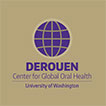
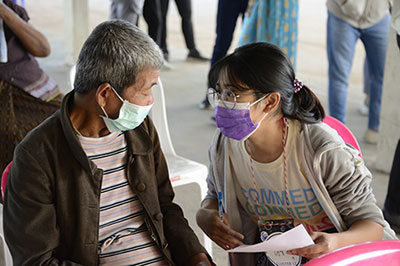
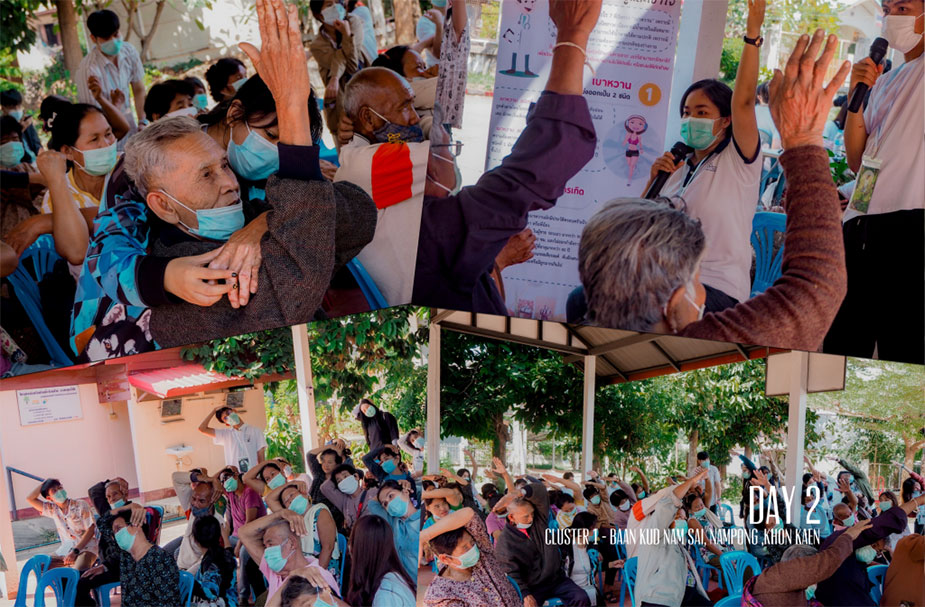
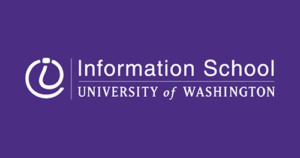 Despite efforts to improve oral health, low- and middle-income countries such as Kenya often lack the resources necessary to build research and health system capacity. University of Washington and University of Nairobi were awarded an NIH D71 planning grant entitled “TABASAMU: A multidisciplinary collaboration on building up research capacity in oral health and HIV/AIDS”, in June 2021. This innovative D71 award will provide the basis for developing a training program with the goal of creating sustainable institutional capacity in research and training for oral health and HIV/AIDS.
Despite efforts to improve oral health, low- and middle-income countries such as Kenya often lack the resources necessary to build research and health system capacity. University of Washington and University of Nairobi were awarded an NIH D71 planning grant entitled “TABASAMU: A multidisciplinary collaboration on building up research capacity in oral health and HIV/AIDS”, in June 2021. This innovative D71 award will provide the basis for developing a training program with the goal of creating sustainable institutional capacity in research and training for oral health and HIV/AIDS.